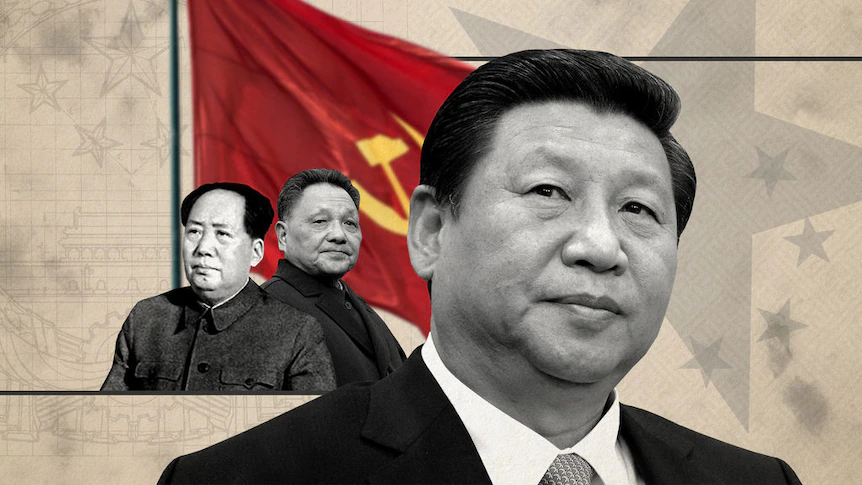Is Xi Jinping the modern Mao Zedong?
On Sunday, Xi Jinping won a historic third term as China’s leader and promoted several of his closest Communist Party friends, solidifying his position as the nation’s most powerful leader since Mao Zedong.
After decades of power-sharing among the elite, the Central Committee of the Chinese Communist Party elected Xi as its general secretary for another five-year term, emphatically returning the country to one-man control.
During a news conference, Xi Jinping stated, “The world needs China.”
“China cannot develop without the rest of the world, and the rest of the world needs China,” remarked Xi. “After more than four decades of ceaseless reform and opening-up efforts, we have accomplished two miracles: fast economic growth and long-term social stability.”
He pledged to “work carefully in the fulfilment of our duties to demonstrate that we are worthy of the tremendous confidence of our party and our people.”
In addition, Xi was reappointed as chairman of China’s Central Military Commission.
The 69-year-old is now virtually assured of securing a third term as China’s president, which will be formally declared in March during the government’s annual parliamentary sessions.
His appointment followed a week-long Congress of 2,300 hand-picked party delegates who affirmed Xi’s “core position” in the leadership and approved a comprehensive overhaul in which previous opponents resigned.
The 20th Congress elected the new Central Committee of approximately 200 top party officials, who then convened on Sunday to elect Xi and the other members of the Standing Committee — the pinnacle of political power in China.
Some of Xi’s closest associates have been announced as members of the seven-person group.
Xi’s confidant and former Shanghai party boss Li Qiang were promoted to number two, making it likely that he would be chosen premier at the government’s annual legislative sessions in March 2019.
Since becoming head of state a decade ago, Xi has amassed more power than any modern Chinese leader other than Mao.
In 2018, he repealed the presidential two-term restriction, allowing him to govern indefinitely.
Xi has also presided over China’s ascent to the world’s second-largest economy, a massive military development, and a far more aggressive global stance, all of which have earned strong objections from the United States.
Xi faces enormous problems over the next five years, including managing the nation’s debt-ridden economy and the intensifying US competition, despite his practically unlimited power.
Modern-day China
The vote on Sunday concluded a week in which China’s top brass celebrated their leadership of the country over the past five years.
In his inaugural address to the party’s 20th Congress last Sunday, Xi praised the party’s accomplishments while glossing over internal issues such as the economy’s stagnation and the damage caused by his draconian zero-Covid policy.
Heavy on ideological rhetoric and scant on policy, a defiant Xi urged party members to forge ahead in the face of various problems, including a deteriorating geopolitical climate.
Analysts had been closely observing if the party charter would be altered to include “Xi Jinping Thought” as a guiding principle, a move that would place Xi on a level with Mao.
This did not occur, but a resolution referred to the doctrine as “the Marxism of contemporary China and of the 21st century” and stated that it “embodies the best of Chinese culture and ethos in this era.”
